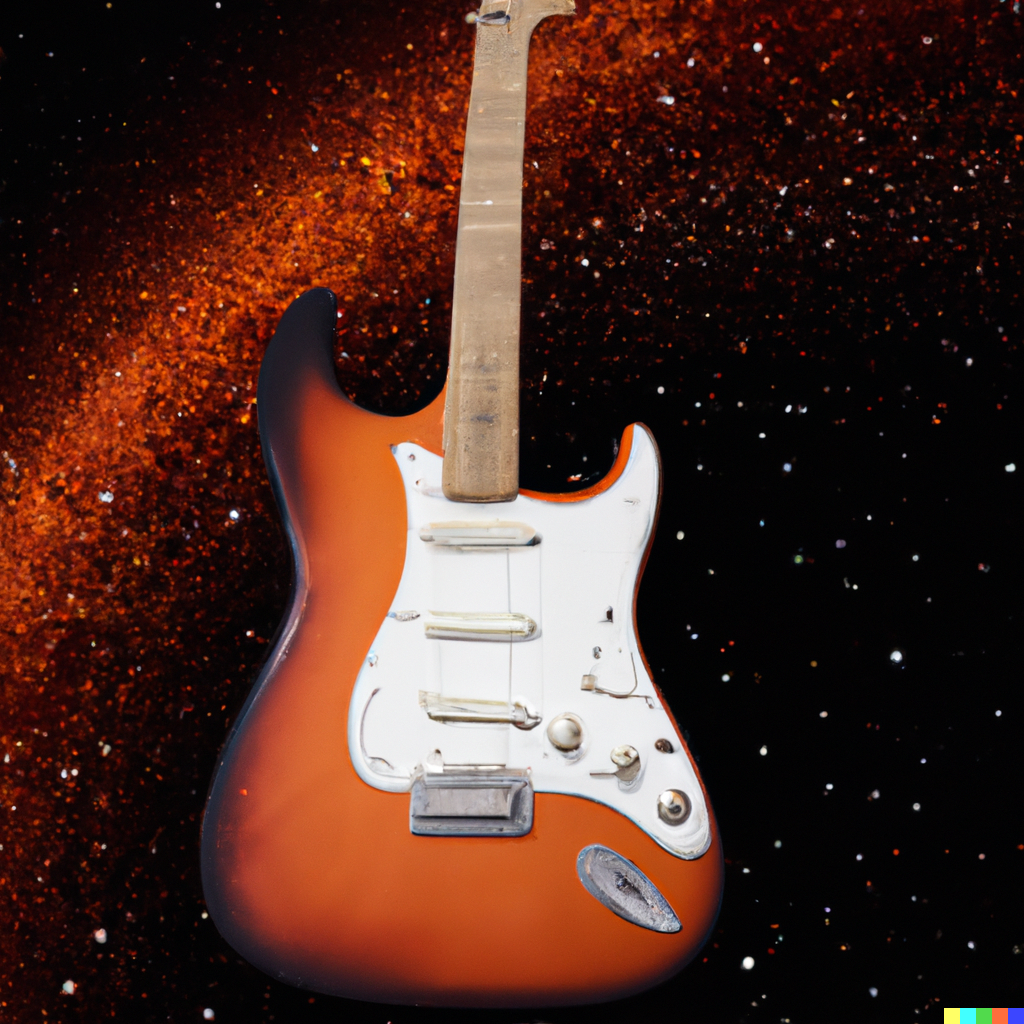I think there is an analogy to be made between the phenomenon of what gets YouTube clicks in mountain biking, and playing guitar.
 |
| The author "sending it" |
Having been into BMX semi-seriously for many years as a kid - at the end I had converted my half-pipe skateboard ramp into a BMX-capable quarter pipe, a good 8' tall rickety Ramp 'O Injuries. I suppose this was around the age of 14-15, and I'd soon have a car and then, become a Guitarist. 1983-84.
I started mountain biking in, I think, 1992. I wanted to ride bikes for recreation again, but something less serious (and dangerous) than BMX. Twice a week I'd take my respectable $500 non-suspension MTB a few miles out of town to ride a few trails in the area.
It was FUN.
The only concept to "mountain biking" back then was, ride a bike on trails in the woods. You could still spend money on making your bike lighter, which made it easier to get up hills (mountain biking USED to be about going UP hills as well as down...), maneuver around Minor Obstacles.
It started becoming mainstream popular around about 1994. Some musician friends got into it, and we'd go riding as a group sometimes.
It was FUN.
Then, people started getting more serious about it. You had to "huck" off of drops; you had to HAMMER a trail as fast as possible. Otherwise, you were lame and a squid.
Suddenly, these concepts - you were either RACING or being EXTREME and RAD - overtook the premise of simply riding a bike in the woods. The more "casual riding" people I rode with found reasons not to go riding anymore.
Then, the mountain bike industry realized (like used guitars...) bikes last a fairly long time. So, they came up with propaganda to sell more bikes:
You HAD to have a full suspension bike (not really), you HAD to have expensive and finicky (and dangerous) clipless pedals, and the 26" wheel standard - a BIG wheel I thought coming from 20" BMX bikes - was declared OLD and RETRO.
You now HAD to have 27.5" wheels, which meant a new bike.
Then, they told you that you must have 29" wheels. Another new bike. THEN, tubeless tires: effectively no inner tube (very uncool...), glued-on tires. A big pain to maintain, expensive.
Meanwhile, hucking off of things turned into 10'+ drops, 10-20' gap jumps, things that previously were considered reserved for sponsored pros.
YouTube happened. Suddenly "mountain biking" on YouTube became endless videos of RAD dudes and dudettes, going very fast downhill on $10,000 bikes, clearing professional motocross scale jumps and drops.
You don't really see the people crashing and going to the hospital. Just lots of bright and shiny people being RAD. Are you rad? If you can't hang with this seen obviously you're not!
Do you even really ride mountain bikes? How much does your bike cost? You've never been to Whistler Colorado? Never cleared a 25' gap? Squid. You suck. Your bike costs less than $5,000? Poser.
I don't see many people riding mountain bikes for FUN anymore. Not in the numbers I saw in the 90s, not by far. I'm quite sure between the MANDATORY gear upgrades and the necessity to SEND IT, DUDE as fast and recklessly as possible, most people are turned off. It's all you see on YouTube as "mountain biking".
Guitar playing is almost exactly the same in a relative way. But you're older...
You start out for yourself, it's fun. Some friends might play, or decide to play. BUT....
You start watching YouTube and see what appears to be "everybody" playing guitar on a professional level, and often combined with Distinctively Bewildering Insights being conveyed.
I think right now, YouTube is "disincentivizing" the motivation to play guitar for similar reasons that I think mountain biking. The mystery and self-discovery is removed.
Sitting on your sofa, instead of getting on your bike and actually riding a trail yourself, is NOT MOUNTAIN BIKING. Nor is watching a video of someone playing guitar. You are missing the best, and most important element that is really down to the fundamental concept of BEING. You're making a withdrawal from The Bank of Motivation, without any way of making a deposit later to up the value of your savings.













